Curtailed press freedom in Asia makes the job of calling out greenwashing increasingly difficult – at a time when corporate accountability is critical in the fight against climate change. Experts think greenwashing is only just beginning as PR firms try to mislead regulators, investors and consumers writes Robin Hicks for Eco Business News.
#Greenwashing is rife within the palm oil industry. Claims that the efficiency of the crop make it “sustainable” are greenwashing.
Tweet
Fight back with your wallet and and #Boycottpalmoil #Boycott4Wildlife
Strict press freedoms in #Indonesia make it difficult to cast a critical eye on #greenwashing and #humanrights abuses and spurious claims of “sustainability” of @rspotweets and #palmoil industry #Boycottpalmoil #Boycott4Wildlife
Tweet
Media story written by Robin Hicks and originally published in Eco-Business News, August 26, 2021. Read original.
The palm oil industry has succeeded in greenwashing the argument that palm oil is an environmentally sustainable crop because it is high-yielding
Stories in publications such as The Guardian and The Economist report that palm oil produces more oil per hectare than other vegetable oil crops, so is inherently sustainable.
“Productivity shouldn’t ever be a proxy for sustainability,” Geall said. “Just because you can get a higher yield from palm oil in Indonesia than sunflower oil in Belarus, this doesn’t mean the land has the same ecological importance.”
Palm oil is often grown on biodiverse, carbon-rich peatlands home to critically endangered species such as orangutans, he pointed out.
~ Sam Geall, London-based chief executive of China Dialogue,
The post-pandemic surge in misleading green claims could be the beginning of a new era of greenwashing in Asia, as corporations race to fulfill sustainability commitments and cash in on the rise of conscious consumerism.
“Sadly, I think it [greenwashing] is only just getting started,” said Sam Geall, London-based chief executive of China Dialogue, an independent online publication that reports on the environment in China and Asia-Pacific.
The push from governments to meet decarbonisation targets, investors to find sustainable options for their capital and consumers to seek greener products has created the right conditions for greenwash, he said. “Enter public relations companies and increasingly sophisticated strategies to try to mislead regulators, investors and consumers.”
Geall was speaking to Eco-Business after the Sustainability Media Academy (SMA), a new training initiative for journalists in Asia, organised by EB Impact, Eco-Business’s philanthropic arm. He was part of a panel discussion on how to navigate greenwashing, the practice of making sustainability claims of dubious credibility.
Greenwashing is a problem for journalists across Asia, particularly in countries where press freedom is low and authoritarian governments lean on newsrooms, making it harder for journalists to hold powerful elites to account, said Kavita Chandran, a Singapore-based journalism trainer for Thomson Reuters.
In recent years, laws designed to curb fake news and disinformation have resulted in arrests and convictions for journalists in Southeast Asia, which is home to some of the world’s most heavily censored media. Governments have used the Covid-19 pandemic as a pretext to impose tighter controls on the press and reinforce obstacles to the free flow of information, according to Reporters without borders, a media watchdog.
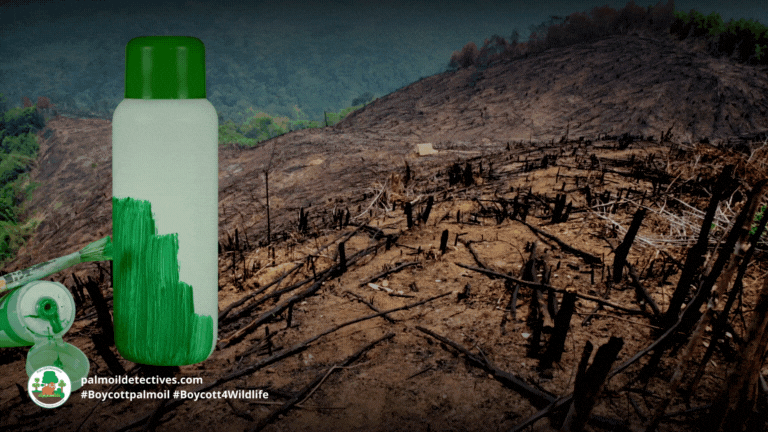
A journalist working for a Singapore government-run publication told Eco-Business that state media have less opportunity to challenge greenwash than independent media. Last October, Singapore introduced an anti-foreign interference law which makes it easier for the authorities to clamp down on news outlets.
Enter PR companies and increasingly sophisticated strategies to try to mislead regulators, investors and consumers.
Sam Geall, CEO, China Dialogue
But it is still possible for journalists to call out greenwash, even in countries like China where press freedom is lower than almost anywhere in the world. Probing top-down sustainability commitments, such as China’s net-zero emissions target, is one opportunity for doing so, said Geall.
“The space for watchdog journalism has shrunk considerably in China in the last few years. But in contrast to other issues, environmental sustainability is a space where journalists can still hold actors to account,” he said.
“China’s net-zero commitment is a big political narrative. It sends a signal to the whole system to get in line and that opens up an opportunity to do reporting that scrutinises local governments and companies to ensure they stick to these commitments.”
Where journalism is most vulnerable to greenwashing
Solutions journalism – which a July study of international media revealed is growing in popularity as newsrooms shift editorial focus from the problems caused by climate change to potential fixes – is particularly greenwash-prone, Geall noted.
“Too often, it is easy for companies to claim they have achieved sustainable innovation, when it either doesn’t work, or is an early stage discovery far from commercialisation, a solution to one problem that causes another problem, or there is a trade-off they’d rather not talk about,” Geall told Eco-Business.
“In other words, there is too much hype and not enough serious reporting about the technologies that will likely shape the future of energy, food, mobility and more, and the economic models that will sustain them,” he said.
Phil Jacobson, an Indonesia-based journalist for independent conservation news website Mongabay, highlighted palm oil as one sector that has managed to greenwash its role as a provider of livelihood benefits for local communities and smallholder farmers in the media, until recently.
An investigation by Mongabay, non-profit journalism outfit The Gecko Project and the BBC in May revealed that big palm oil companies in Indonesia have been depriving smallholders of millions owed to them. Legally, palm oil companies have had to ensure that rural communities benefit from the large palm oil plantations near them.
Geall said that the palm oil trade has also succeeded in greenwashing the argument that palm oil is an environmentally sustainable crop because it is high-yielding. Stories in publications such as The Guardian and The Economist report that palm oil produces more oil per hectare than other vegetable oil crops, so is inherently sustainable.
“Productivity shouldn’t ever be a proxy for sustainability,” Geall said. “Just because you can get a higher yield from palm oil in Indonesia than sunflower oil in Belarus, this doesn’t mean the land has the same ecological importance.”
Sam Geall, CEO, China Dialogue
Palm oil is often grown on biodiverse, carbon-rich peatlands home to critically endangered species such as orangutans, he pointed out.
Media story written by Robin Hicks and originally published in Eco-Business News, August 26, 2021. Read original.
ENDS
Read more about RSPO greenwashing
Big brands using “sustainable” RSPO palm oil yet still causing deforestation (there are many others)
Colgate-Palmolive
Despite global retail giant Colgate-Palmolive forming a coalition with other brands in 2020, virtue-signalling that they will stop all deforestation, they continue to do this – destroying rainforest and releasing mega-tonnes of carbon…
Read moreProcter & Gamble
Despite decades of promises to end deforestation for palm oil Procter & Gamble or (P&G as they are also known) have continued sourcing palm oil that causes ecocide, indigenous landgrabbing, and the habitat…
Read moreKelloggs/Kellanova
In late 2023, Kelloggs became Kellanova for their US arm. Savvy consumers have been pressuring Kelloggs for decades to cease using deforestation palm oil. Yet they actually haven’t stopped this. From their website:…
Read moreJohnson & Johnson
Global mega-brand Johnson & Johnson have issued a position statement on palm oil in 2020. ‘At Johnson & Johnson, we are committed to doing our part to address the unsustainable rate of global…
Read morePZ Cussons
PZ Cussons is a British-owned global retail giant. They own well-known supermarket brands in personal care, cleaning, household goods and toiletries categories, such as Imperial Leather, Morning Fresh, Carex, Radiant laundry powder and…
Read moreHere are some other ways you can help by using your wallet as a weapon and joining the #Boycott4Wildlife
Contribute to my Ko-Fi
Did you enjoy visiting this website?

Palm Oil Detectives is 100% self-funded
Palm Oil Detectives is completely self-funded by its creator. All hosting and website fees and investigations into brands are self-funded by the creator of this online movement. If you like what I am doing, you and would like me to help meet costs, please send Palm Oil Detectives a thanks on Ko-Fi.






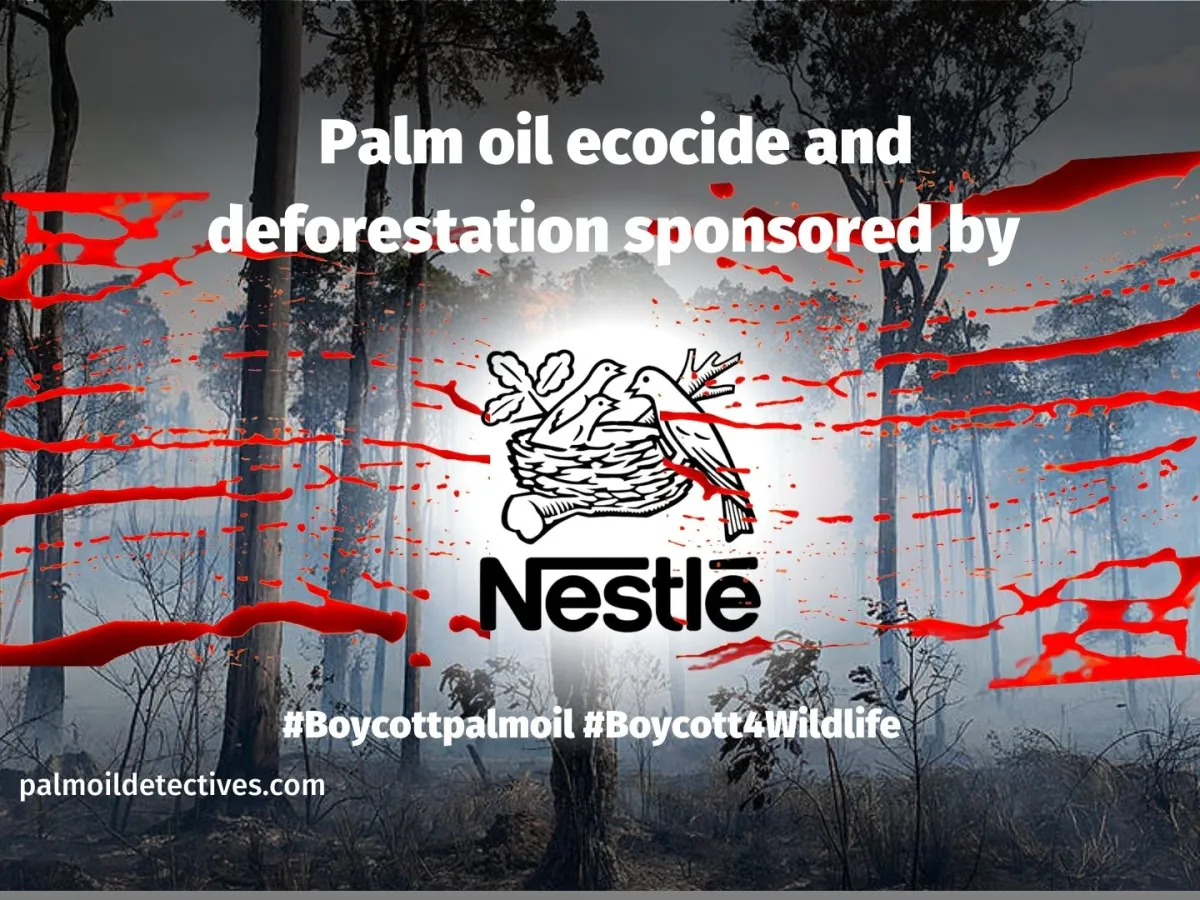
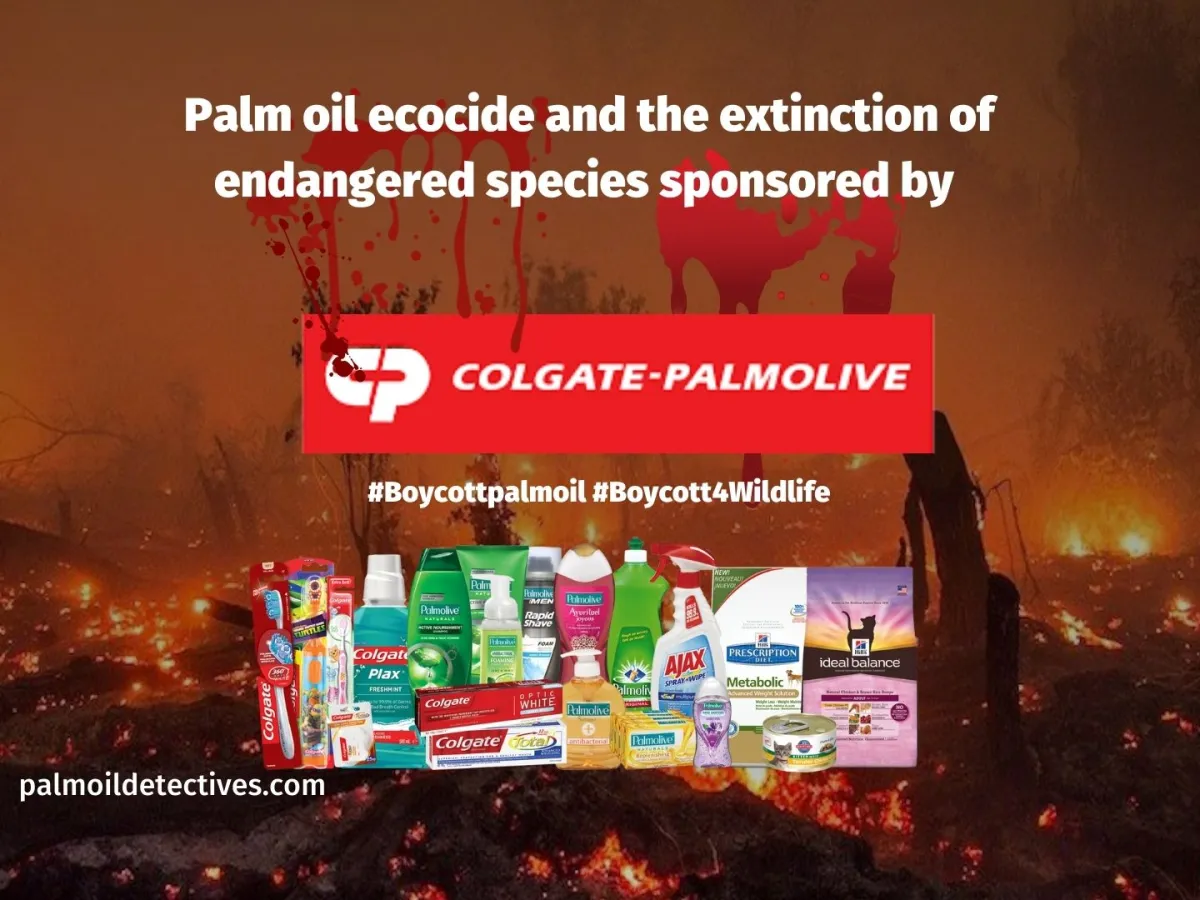
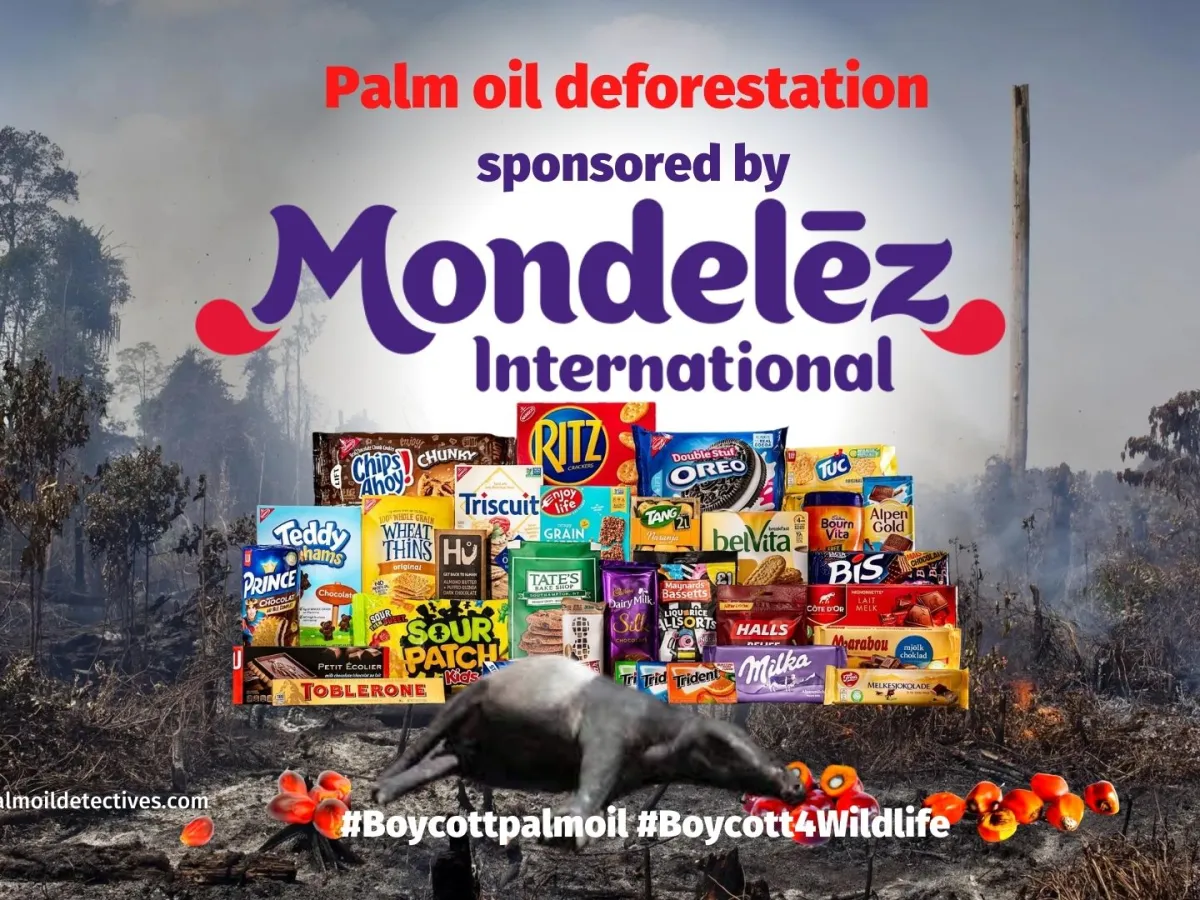
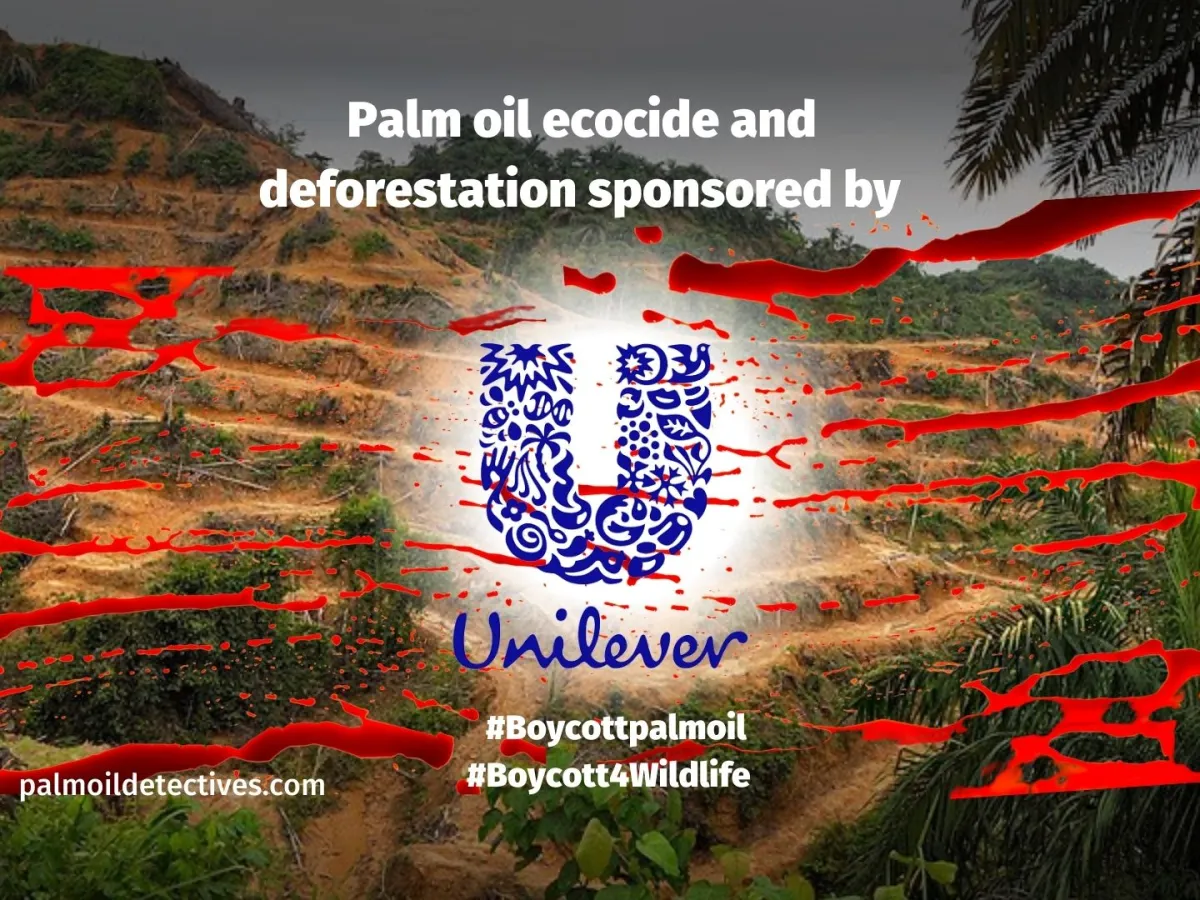
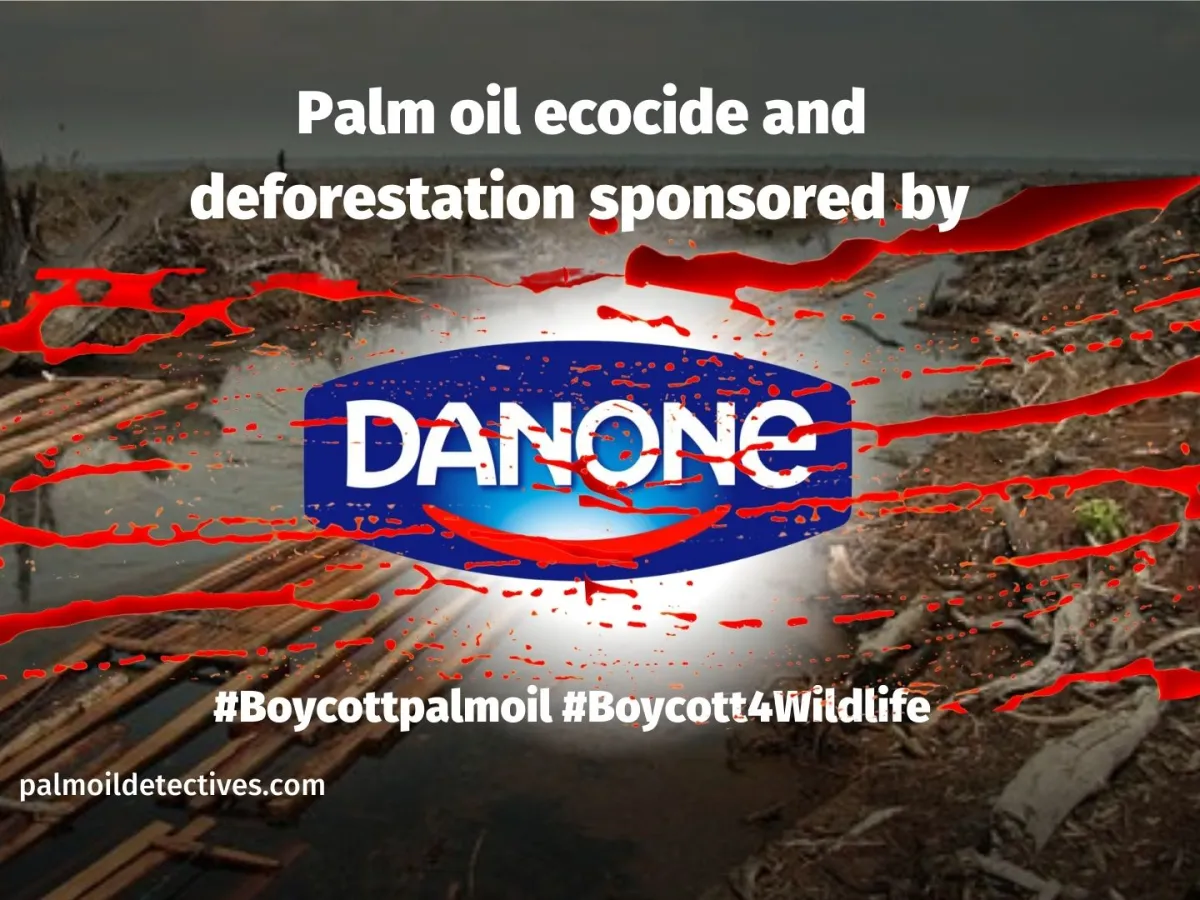


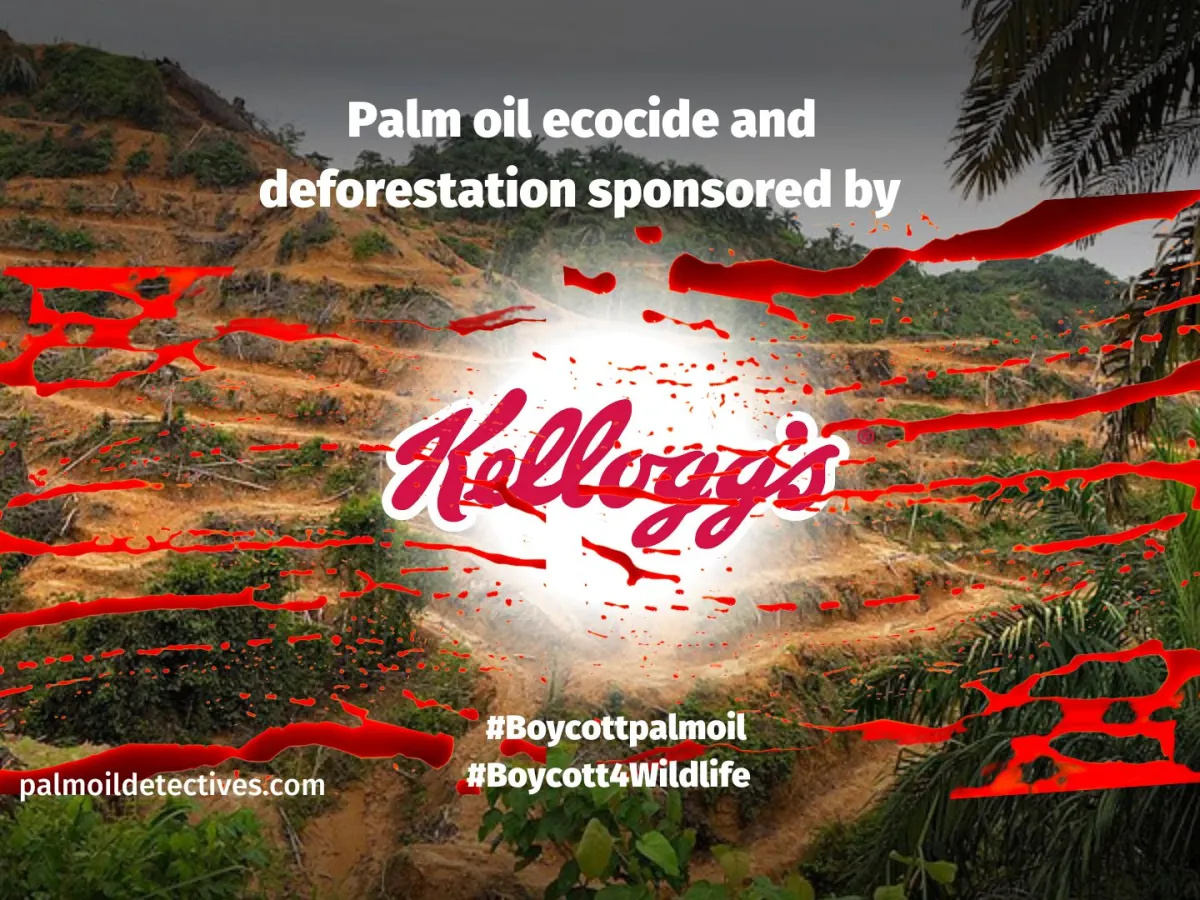
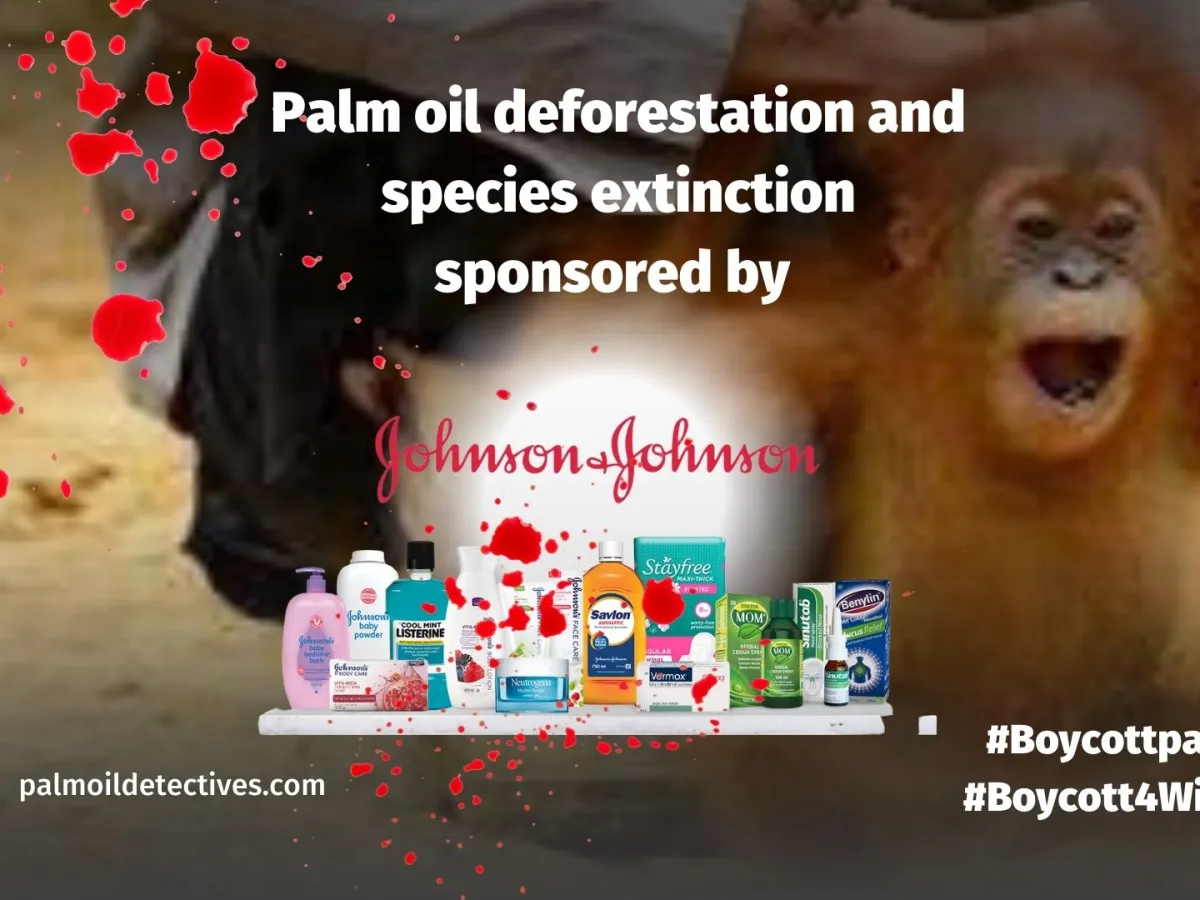
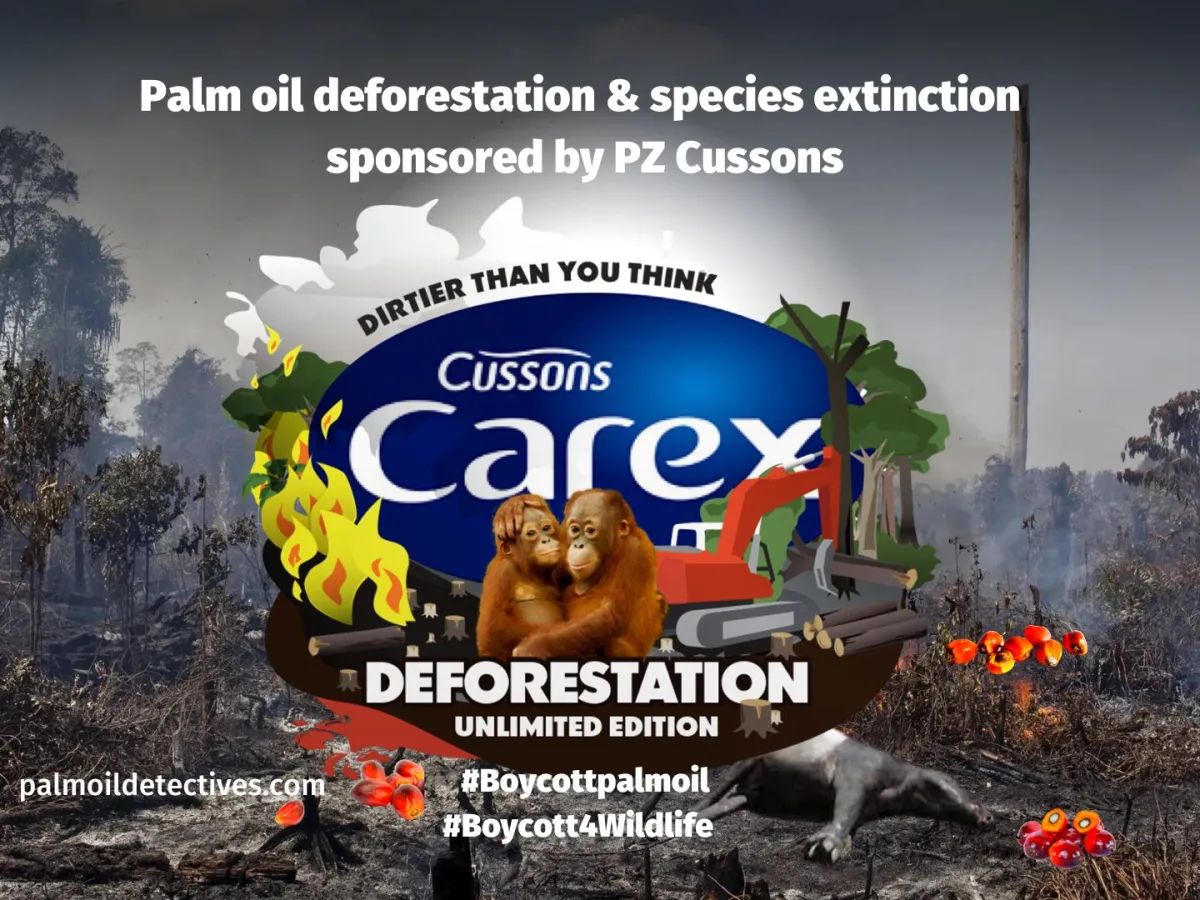

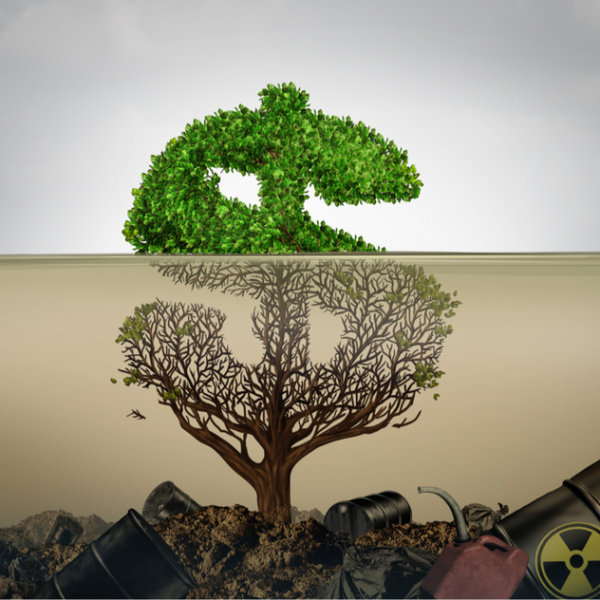
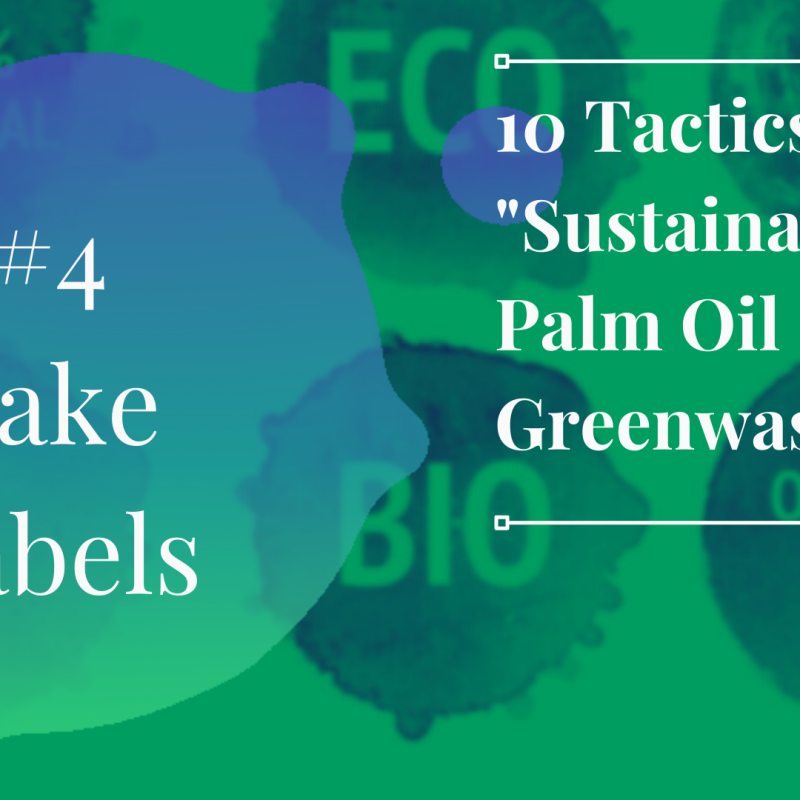

Thank you so much for all you do. We’re connected on Twitter, but this is my first time visiting your WordPress page. Again, Thank you. I’ll be sure to share your info!
LikeLiked by 1 person
Thank you so much Poirotgrl I think i remember connecting with you on Twitter thank you for visiting my site and reading I appreciate your support and campaigning against palm oil
LikeLike